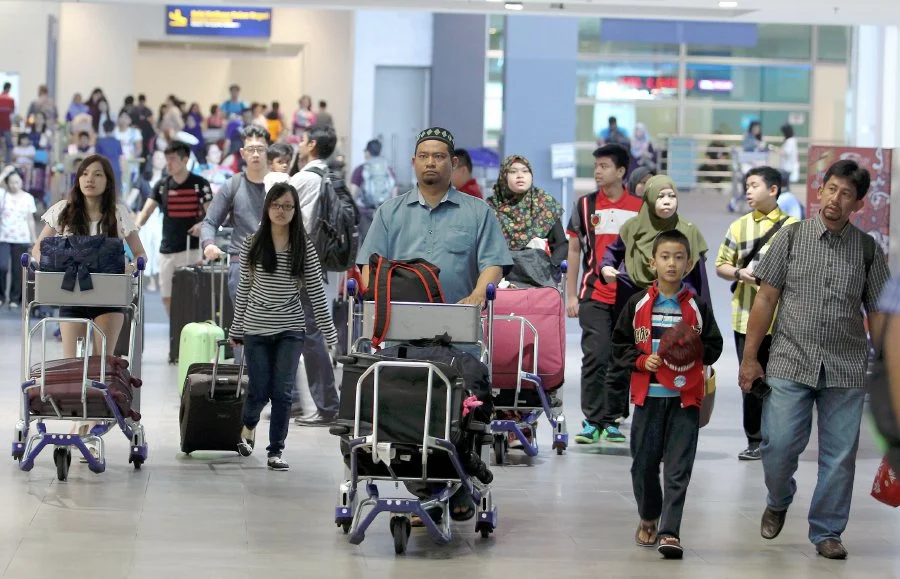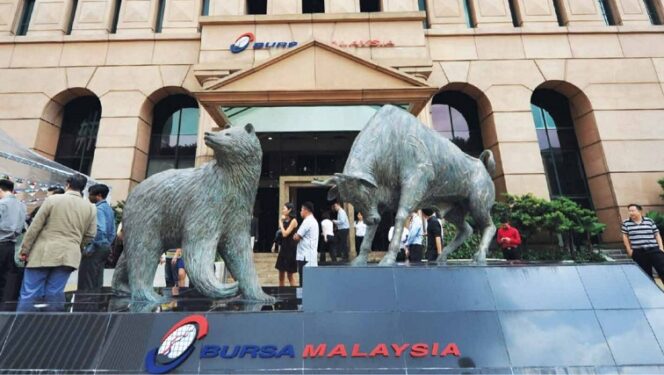TALKS of the COVID-19 vaccine distribution could lead to a faster-than-expected recovery in consumer demand, greater investor confidence and consequently a more robust recovery in domestic economic activity come next year.
This was shown in the latest edition of the World Bank Malaysia Economic Monitor: Sowing the Seeds that was launched today.
The report also highlighted that the country’s economy is expected to grow by 6.7% in 2021.
Some of the contributing aspects to the recovery includes the increased number of cash transfers and wage subsidies have boosted the rate of household spending, with private consumption contracting 2.1% in the third quarter of the year (3Q 2020) compared to 18.5% in 2Q 2020.
However, the recent surge in COVID-19 cases and extensions of the movement control order (MCO) may cause further slowdown due to uncertainties revolving around the actual deployment of the vaccines.
The report also expects Malaysia to return to its pre-pandemic trend at a modest pace in the medium term, provided efforts of containing the spread of COVID-19 will shift towards near-term policies.
Doing so will facilitate economic adjustments to enable new growth in the post-pandemic environment.
“Seizing new growth opportunities and overcoming potentially long-lasting challenges brought on by the COVID-19 crisis will necessitate bold structural reforms in the medium term,” said Minister in the Prime Minister’s Department in charge of the Economy Datuk Sri Mustapa Mohamed.
“Malaysia needs to take advantage of its recovery from this crisis to emerge as a more durable and inclusive economy in a structurally different post-pandemic future,” he added.
Meanwhile, World Bank Country director for Brunei, Malaysia, Philippines and Thailand Ndiame Diop said: “The protracted economic impact of the COVID-19 pandemic underlines the importance of adopting a dynamic approach to policymaking – through which a clear set of strategies can be developed for different phases of economic recovery.”
The COVID-19 crisis has also drawn attention to Malaysia’s food system and the continued relevance of food security, as well as the need for food policy to focus on a wider range of risks and opportunities.
Furthermore, the report’s special focus on the agriculture sector highlights the importance of modernising and diversifying the agrofood sector and transforming into a more dynamic “farm-to-fork” food economy.
Such a transition will help advance other national development priorities including the boosting of shared prosperity. – Dec 17, 2020










